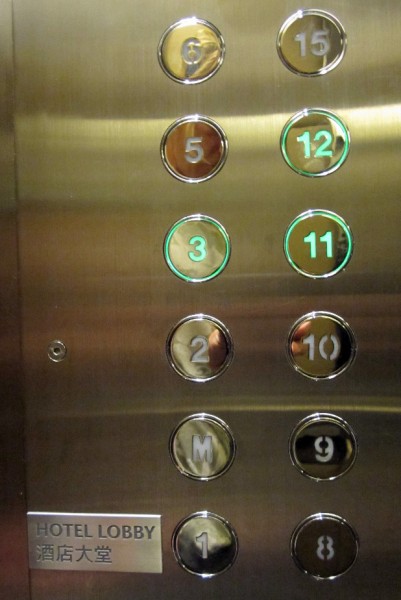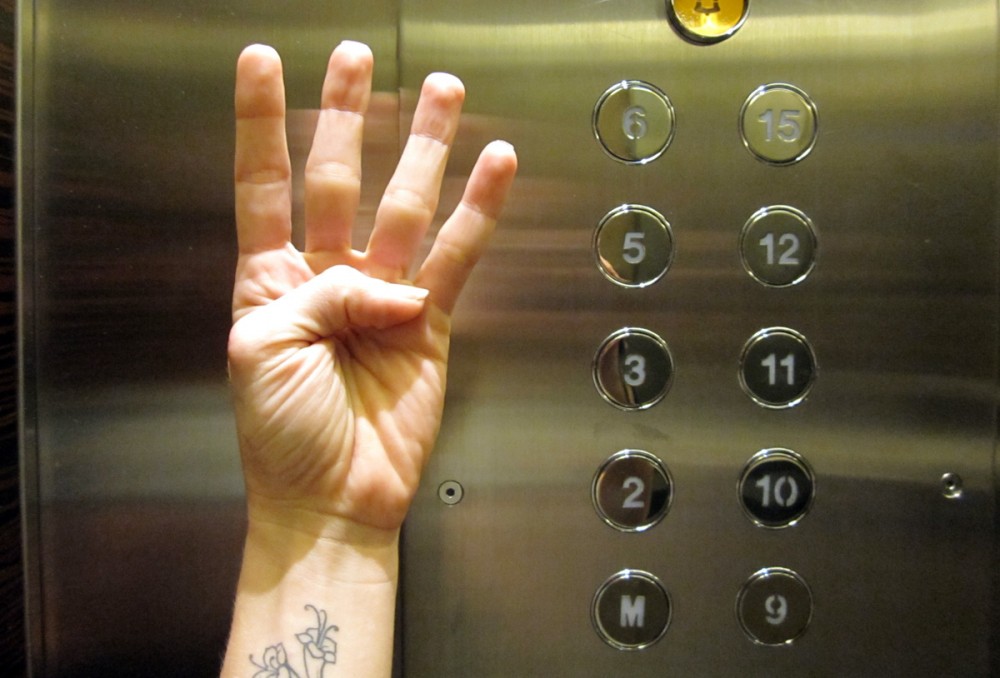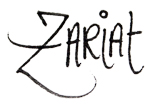Tetraphobia and Triskaidekaphobia in Hong Kong
At some point in the past, i had previously learned that some numbers, like 2 and 8, are considered lucky in Chinese culture, and that the number 4 is considered unlucky. This is based on similarities the numbers have, when spoken aloud, to other words and phrases. For example, 8, when spoken, sounds like the word for ‘wealth’ or ‘prosperity.’ 4, conversely, sounds similar to ‘death.’
 According to Wikipedia:
According to Wikipedia:
Number 4 (四; accounting 肆; pinyin sì) is considered an unlucky number in Chinese because it is nearly homophonous to the word “death” (死 pinyin sǐ).
Until today, i was unaware that there is a specific word for an aversion to the number 4: tetraphobia. I was also previously unaware of just how seriously these phobias are taken in Hong Kong.
While riding in a hotel elevator, i noticed there were no floors containing the number 4 — both 4 and 14 were absent. 13 was also missing. Intrigued, i walked down a hallway and confirmed that there were also no room numbers containing the number 4 in them.
Is this really due to a common local superstition? This is a major hotel chain, from a Western brand. Are they really that serious about numerology in Hong Kong?
According to Wikipedia (again), the answer is Yes:
In East Asia, some buildings do not have a 4th floor. (Compare with the Western practice of some buildings not having a 13th floor because 13 is considered unlucky.) In Hong Kong, some high-rise residential buildings omit all floor numbers with “4”, e.g. 4, 14, 24, 34 and all 40–49 floors, in addition to not having a 13th floor. As a result, a building whose highest floor is number 50 may actually have only 35 physical floors.
So — it’s true. Some buildings in Asia, including this one, omit the number 4 (and 13) entirely from all floor and room numbers. While researching this fun fact, i also discovered the term for fear of the number thirteen: Triskaidekaphobia — my new vocabulary word of the day.

